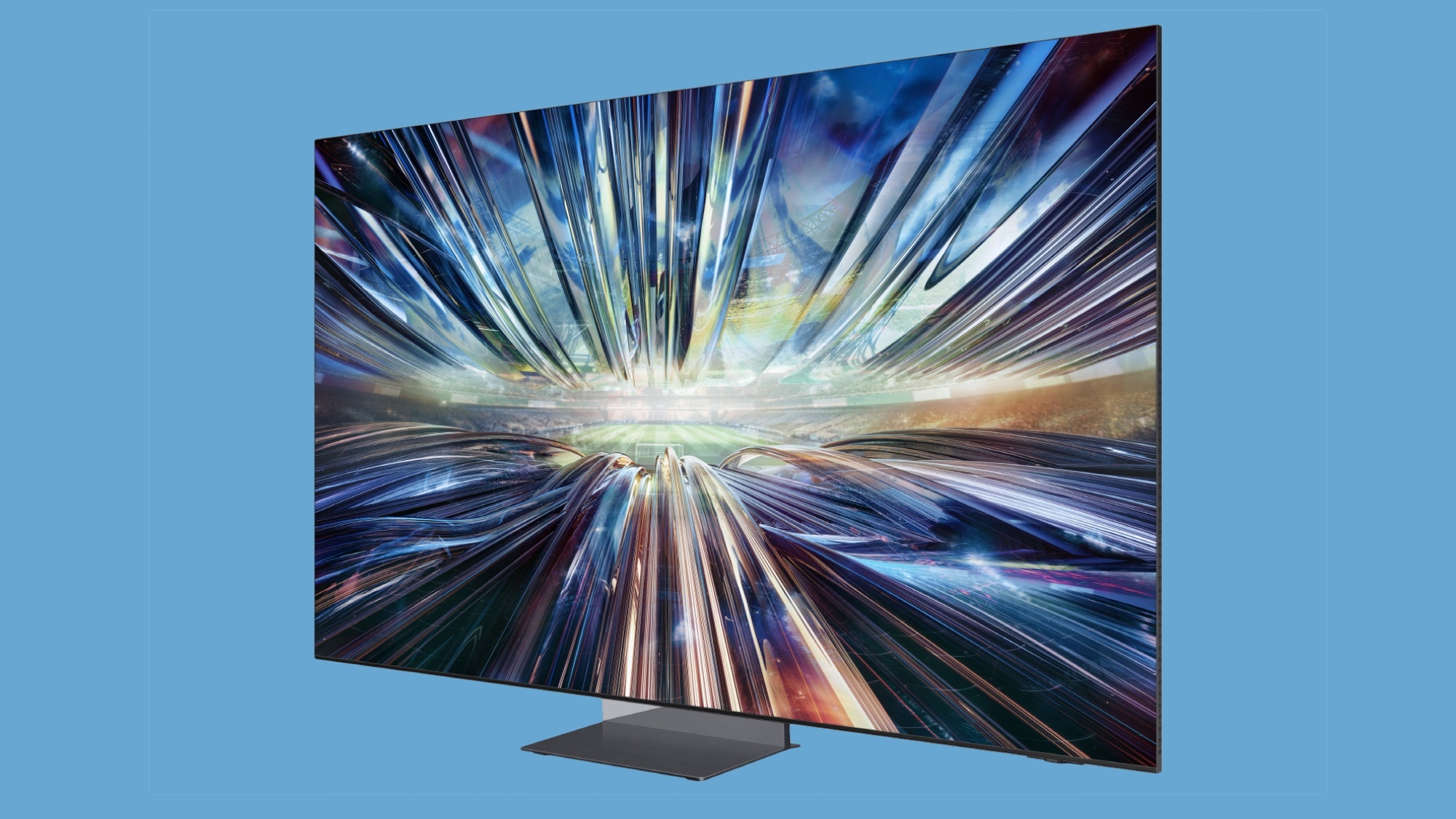
Whether you're an audiophile or not, odds are you've at least heard of Dolby Atmos, a 3D audio format that's become a main selling point for most TVs and soundbars on the market. Now, Samsung and Google are challenging its dominance with a new standard, Eclipsa Audio, that'll arrive in Samsung's 2025 TVs and be available on YouTube too.
Samsung announced in a press release this week that Eclipsa Audio will be available on all of its upcoming soundbar and TV models, including the lower-end budget series and flagship devices. Demonstrations are expected to be unveiled at the upcoming CES 2025. Samsung and Google are also working with the Telecommunications Technology Association to develop a certification program that will ensure devices with Eclipsa Audio meet the quality standards set.
Similar to Atmos, this audio format supports adjusting “audio data such as the location and intensity of sounds, along with spatial reflections” to create a 3D experience, Samsung said. The new standard could eventually serve as a free alternative to Dolby Atmos, complete with a suite of tools to craft a 3D immersive audio experience, like adjusting the intensity and location of certain sounds.
It's been a long time coming. The two companies announced their partnership to create a Dolby Atmos competitor in 2023, initially with the less snappy name of Immersive Audio Model and Formats (IAMF). At the time, Samsung spatial audio lead WooHyun Nam said the format would offer “a complete open-source framework for 3D audio, from creation to delivery and playback, ditching the licensing fee model that Dolby uses. With Dolby Atmos, creators and hardware makers like Samsung pay to license the tech for their products.
Dolby Atmos competitor coming to YouTube
Samsung also noted that starting next year, YouTube creators will be able to upload videos with Eclipsa Audio tracks to the Google-owned platform.
“We believe that Eclipsa Audio has the potential to change the way we experience sound,” Google Chrome's VP of Engineering Jim Bankoski said in the press release. “We are excited to see how the creator community uses it to create new and innovative audio experiences.”
Enabling 3D audio experiences on certain YouTube videos is certain to raise some eyebrows, but it's worth noting that YouTube appears to be the only big name on board for now. Whether Samsung and Google can convince other streaming firms to embrace Eclipsa Audio will be the true test of whether it can challenge Dolby's foothold on TVs, projectors, and other devices.
Still, it's exciting to see spatial audio branching into even more kinds of content outside of expensive TVs and soundbars. We expect to hear more about Eclipsa Audio in the coming days as CES 2025 gets underway.







